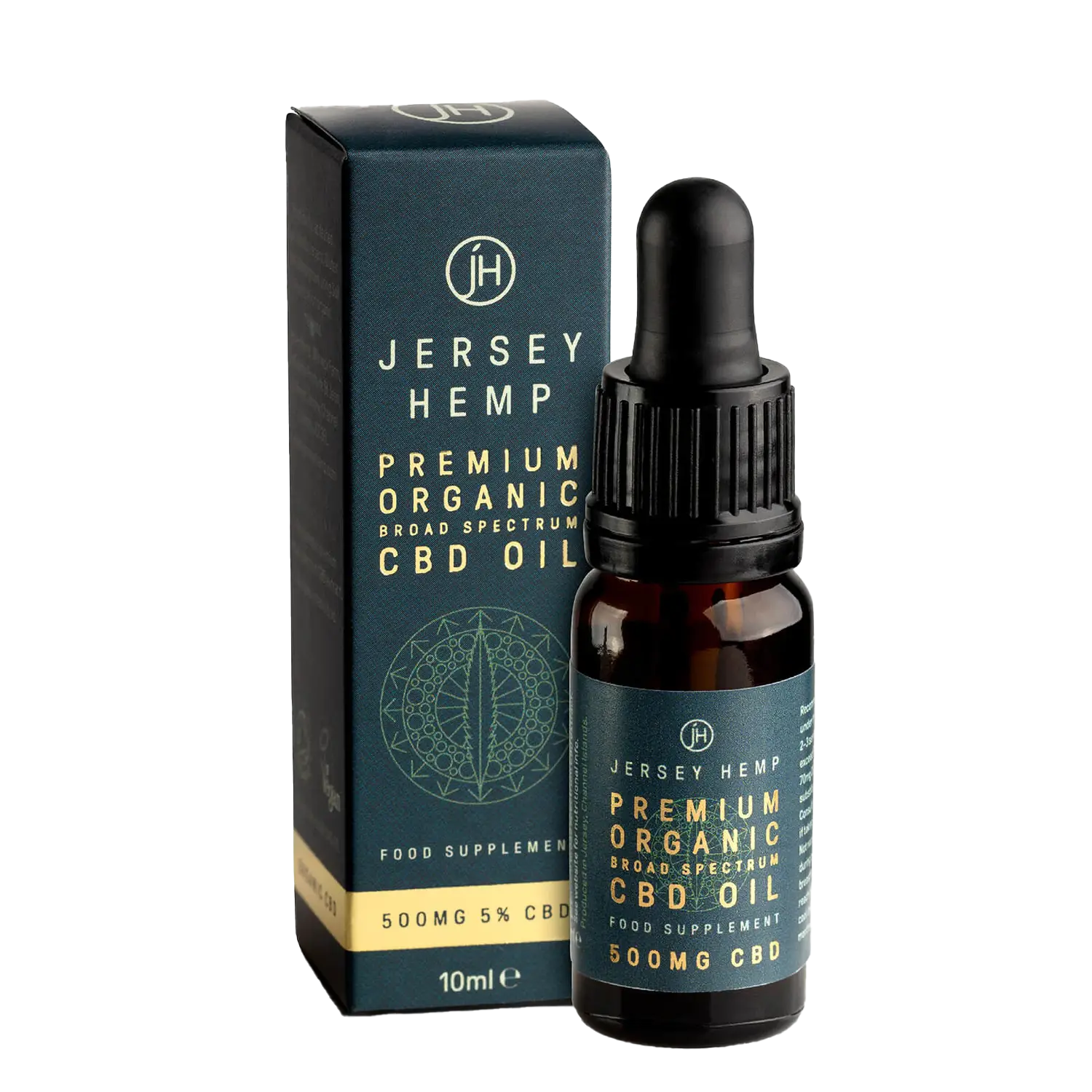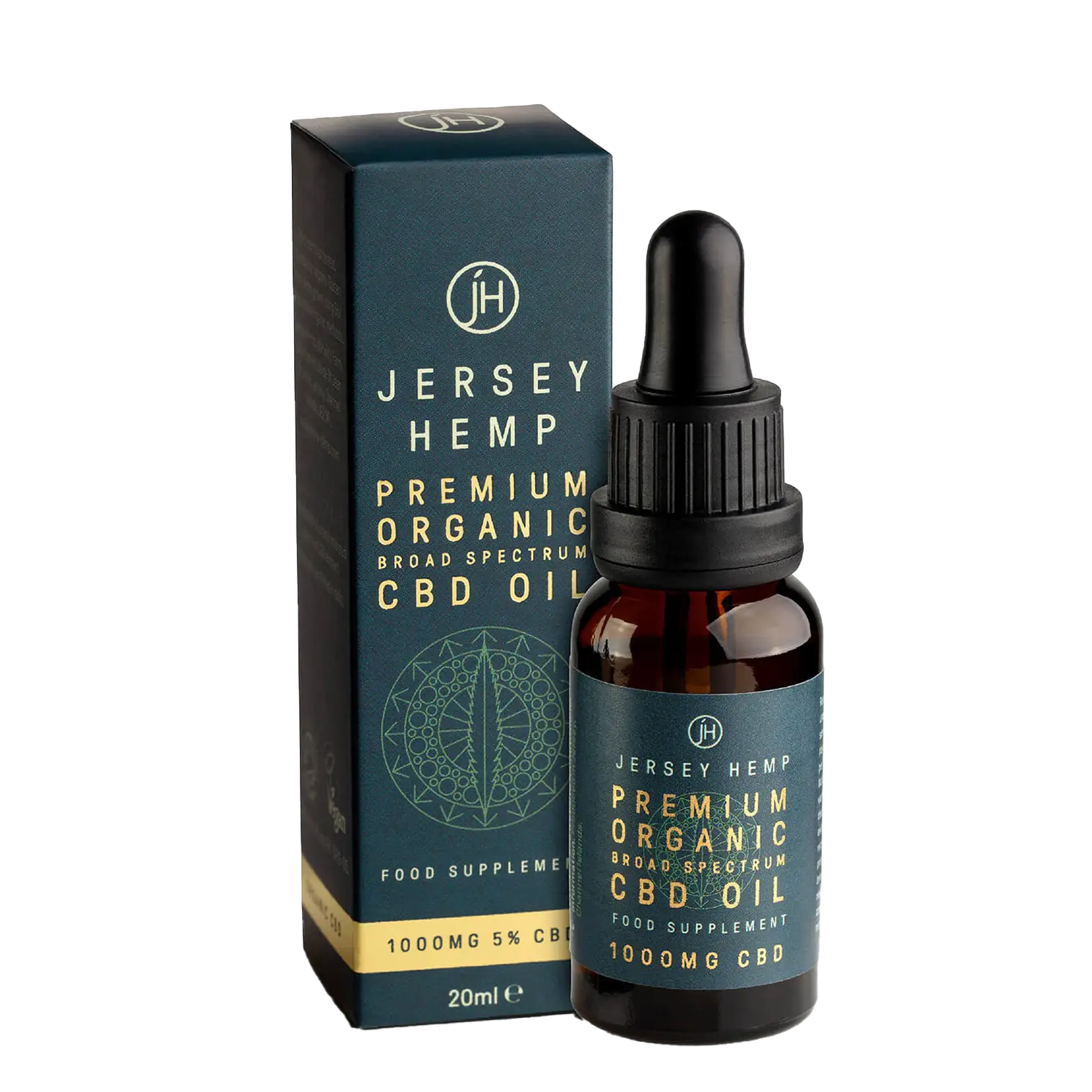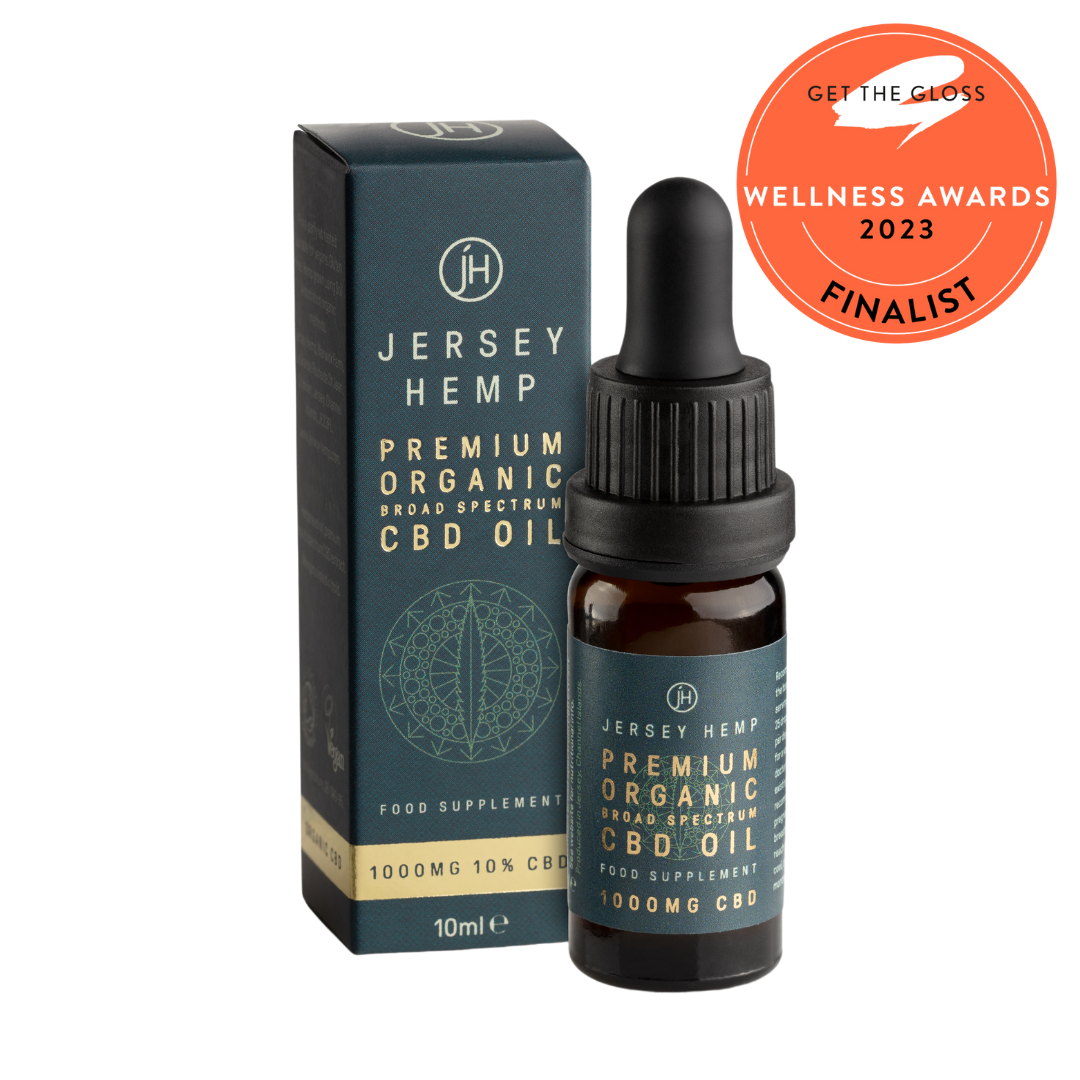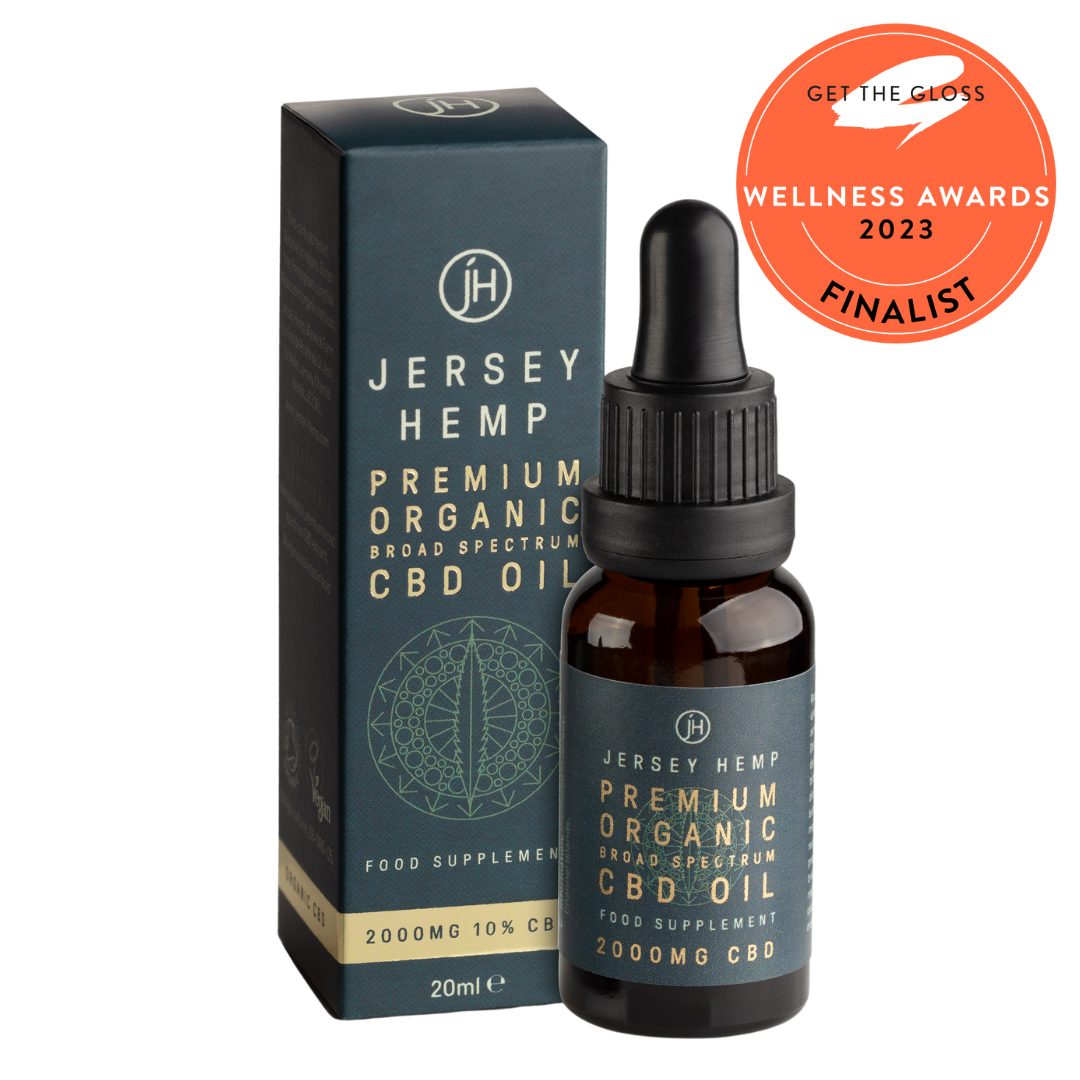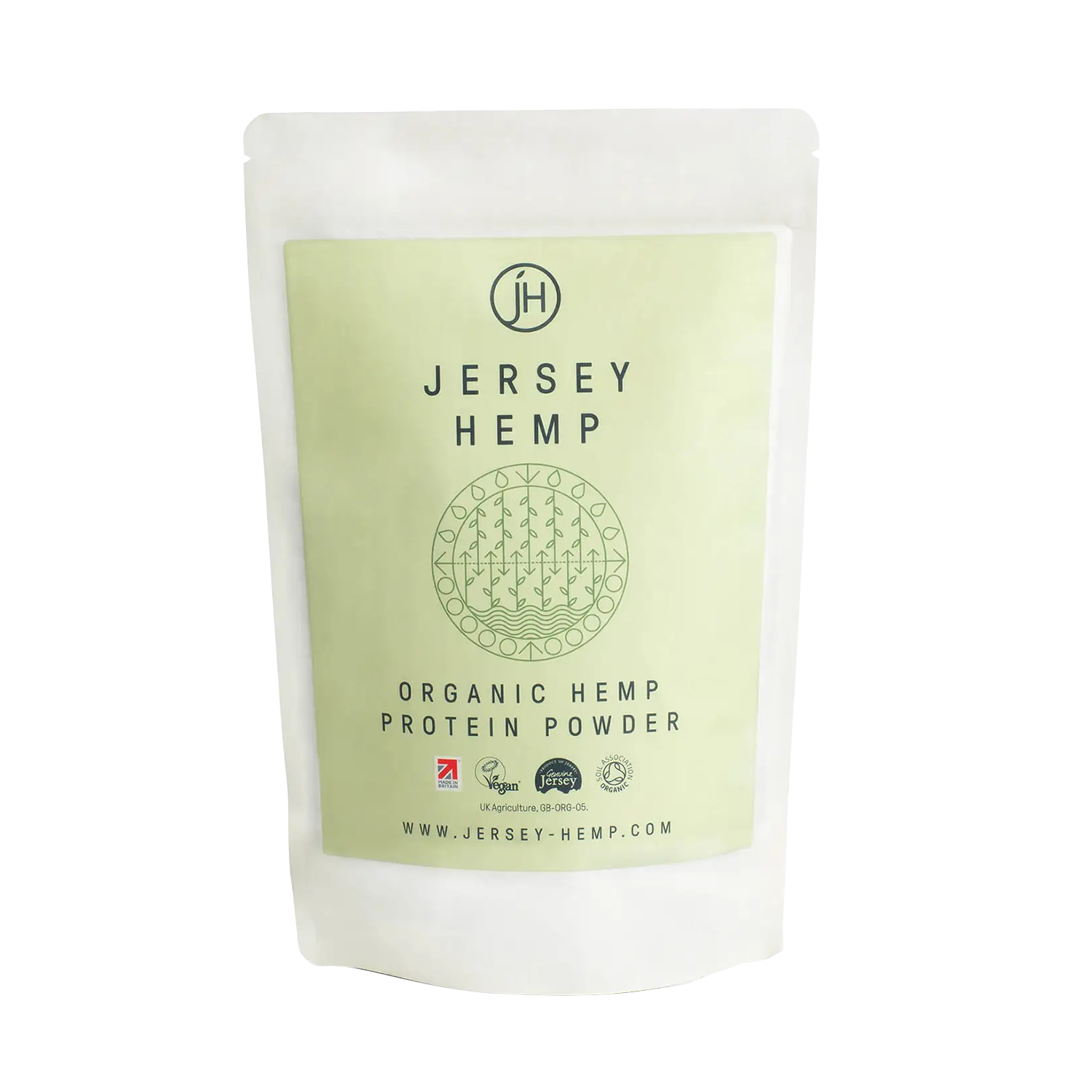CBD oil side-effects
Cannabidiol, better known as CBD, is becoming increasingly popular as a natural remedy, backed by evidence of a wide range of potential health benefits. CBD is derived from the cannabis or hemp plant but has none of the psychoactive effects associated with the ‘high’ of smoking marijuana.
CBD oil is cannabidiol mixed with a carrier oil such as hemp and is taken orally. CBD can also be inhaled as a vaping liquid, consumed in capsules or chewable gummies, or applied as a topical cream.
Clinicians generally consider CBD to have few significant adverse effects and recent changes to international law have opened the door for further medical research – but below we’ll look in more depth at its safety, side-effects and other things to consider if you’re thinking of taking CBD.
Possible Side-Effects of CBD
CBD’s popularity amongst users and as a subject for medical research is in large part due to its relatively low level of side-effects. It is generally considered by clinicians to be ‘well tolerated’ – meaning it is rare for patients involved in trials of CBD products to drop out due to adverse effects – and is therefore seen as a promising alternative to some conventional treatments.
Nevertheless, CBD can cause side-effects in a small percentage of people and it’s certainly worth being aware of these if you’re considering trying it. Side-effects that crop up in a number of studies include:
- Dry mouth
- Tiredness/fatigue
- Diarrhoea
- Appetite changes
- Mood changes
- Nausea
A recent review of clinical studies into the effects of CBD on certain health conditions found that while many subjects experienced no side-effects at all, the most common were tiredness, diarrhoea, and changes in appetite and weight. It also concluded that CBD had less severe side-effects than the traditional pharmacological drugs used to treat these conditions.
A 2018 study of over 2,400 CBD users also looked at side-effects. It found that dry mouth was the most commonly experienced, noticed by 11% of those surveyed, with drowsiness (less than 2%) also reported.
Other sources suggest CBD can sometimes cause diarrhoea, nausea and irritability.
Is CBD Safe to Use?
Since 2017, the World Health Organization has said there is no evidence that CBD poses any public health risks and recent international rulings and regulation changes have backed up the idea that CBD is generally safe.
In November 2020, the Court of Justice of the European Union intervened in a French legal case, ruling that CBD is not a narcotic because “it does not appear to have any psychotropic effect or any harmful effect on human health”. Soon afterwards, the United Nations downgraded the classification of cannabis and its derivatives such as CBD, paving the way for them to be more thoroughly investigated for their medical potential.
As a precautionary measure, the UK’s Food Standards Agency advises that people in vulnerable groups, such as pregnant and breastfeeding women, do not use CBD.
What Drugs Should not be Taken with CBD?
You may have heard that people on certain medications should avoid consuming grapefruit juice. A substance in it interacts with an enzyme that helps metabolise some drugs, leading to increased levels of the medication in the body and potentially accentuated side-effects. CBD acts in the same way on this enzyme, known as CYP3A4, so should not be taken by anyone using a medication that carries a ‘grapefruit warning’ without first consulting their doctor.
The drugs affected include some, but by no means all, statins, blood pressure drugs, organ-transplant rejection drugs, anti-anxiety drugs, heart arrhythmia medications and antihistamines.
However, CBD also has inhibitory effects on other enzymes which may influence drugs that do not come with a grapefruit warning, so if you are on any type of medication or supplement, it is important to consult your doctor before using CBD.
How Much CBD Should I Take?
The right amount of CBD for any given individual can depend on a number of factors including the condition being treated, age, weight, personal body chemistry and the method you use to take it.
The best approach is to choose a trustworthy brand of CBD oil and take it sublingually, starting with a small dosage and working your way up.
Sublingual means under the tongue. Hold the drops of oil there for a minute or two before swallowing. This allows the CBD to be absorbed directly into the bloodstream via the capillary-rich mucous membrane, which is faster and more efficient than simply ingesting it.
Begin by taking perhaps 5-10mg of CBD oil per day for a few days, recording any effects you notice, then up the dosage as required until you find the optimum amount without adverse side-effects. You can work out how much CBD is in a single drop of any strength CBD oil by following the link to our handy guide.
It’s also worth being aware that the UK’s Food Standards Agency has recommend as a precaution that healthy adults do not take more than 70mg of CBD per day.
Further study is required to determine the impact of taking CBD regularly over a long period of time, however a number of clinical studies have shown that it remains well tolerated over periods of weeks or months.
How Does CBD Make You Feel?
Because it doesn’t contain THC, the psychoactive ingredient in cannabis, CBD does not give you the high associated with smoking marijuana. But many people use it to promote a general feeling of wellbeing and there is evidence that it can help improve a number of medical conditions, as outlined below.
What are the Benefits of CBD?
According to a wide-ranging 2018 study of CBD users, CBD is most commonly used to treat pain, anxiety, depression and sleep disorders, among a wide range of other conditions.
Studies using human subjects have shown evidence of possible beneficial effects of CBD on anxiety, sleep disorders, pain, epilepsy and multiple sclerosis, while early laboratory tests point to the value of further study in other areas.
Medical Disclaimer
The author of this article is not a medical expert and nothing in this article constitutes medical advice or gives rise to a medical practitioner/patient relationship. You should seek specialist medical advice where required. Never disregard professional medical advice or refrain from seeking it because of something you have read here.
